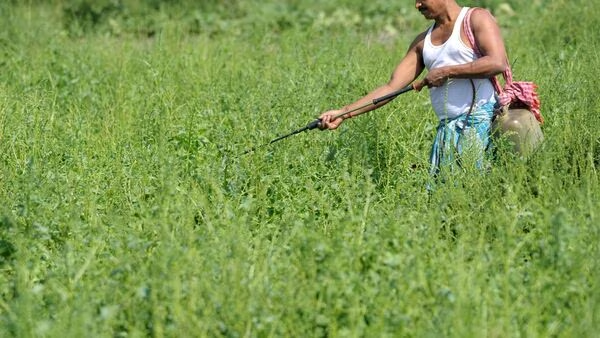Brazil Poison Bill: Impact on Amazon and Agrochemical Use Explained
Brazil’s congressional agribusiness caucus has pushed through a controversial law known as the Poison Bill, which relaxes restrictions on the sale and use of harmful agrochemicals. This law came into effect as the use of pesticides, banned in the European Union due to safety concerns, surged dramatically in the Brazilian Amazon.
The bill grants Brazil’s Ministry of Agriculture exclusive authority to decide which pesticides can be used in the country, sidelining health and environmental agencies. It also speeds up the approval process for new pesticides and reduces regulatory oversight.
Critics, including experts and environmentalists, warn that these changes could have devastating consequences. They fear increased risks to Indigenous communities, riverside dwellers, and small farmers who depend on the Amazon’s biodiversity. Pesticides like mancozeb and atrazine, which are linked to serious health issues like cancer and reproductive problems, have seen alarming increases in use, particularly in the Amazon’s deforestation frontier.
Under previous administrations, especially during President Jair Bolsonaro’s tenure, pro-agribusiness legislation gained traction. However, it wasn’t until President Luiz Inácio Lula da Silva’s term that the Poison Bill finally passed, despite his initial promises of environmental stewardship.
Scientists and researchers have raised concerns about the long-term impact of these pesticides on Amazonian biodiversity. They point to studies showing significant declines in species crucial for maintaining ecological balance, such as pollinators and seed dispersers.
Furthermore, the new law has sparked controversy over its potential to exacerbate human health risks and environmental damage. Pesticide-related illnesses and ecological contamination have already been reported, underscoring the widespread concerns.
♦Stay Updated With News| Bharat Bulletin Online
Critics argue that the law prioritizes economic interests over public health and environmental protection, allowing multinational chemical companies to profit while risking irreversible harm to Brazil’s natural heritage. This situation has also led to international criticism, especially regarding the export of banned pesticides to countries like Brazil.
Overall, enacting the Poison Bill represents a significant shift in Brazil’s environmental policy, raising serious questions about its future impact on human health and the fragile ecosystem of the Amazon Rainforest.

